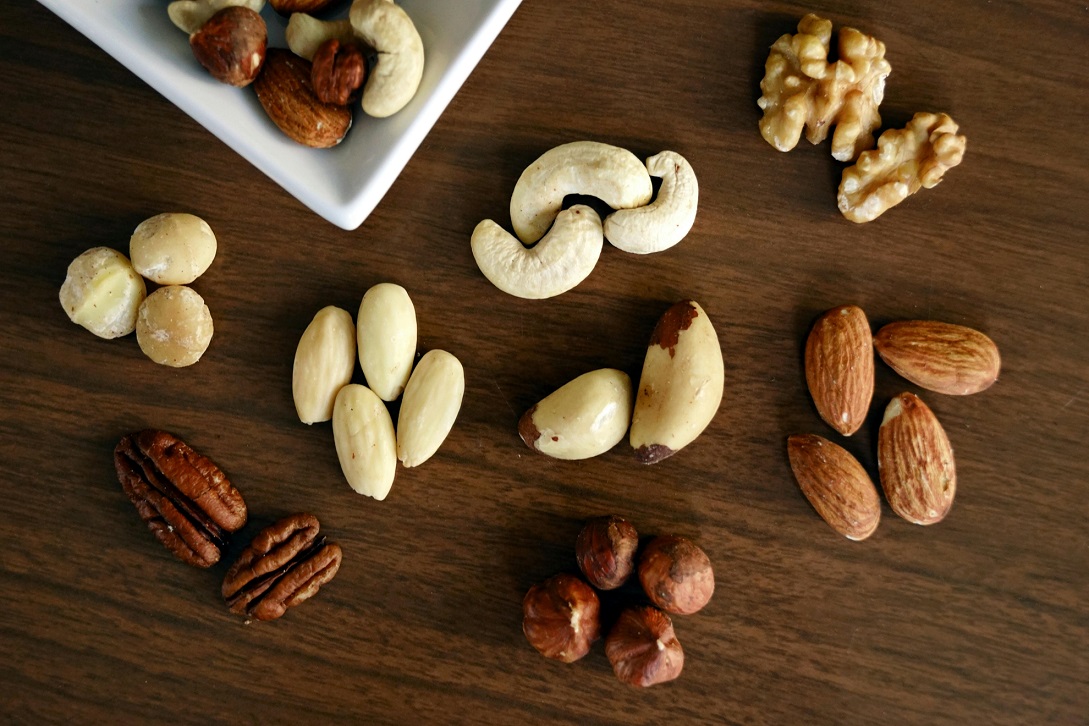The Often Overlooked Role of Nutrition in Foot and Ankle Health

Our feet are the foundation that carries us throughout our lives. They endure tremendous stress with every step, jump, and run. Yet, foot health often gets relegated to the back burner until pain strikes. While topical treatments and proper footwear are crucial for advanced foot and ankle care, what we put into our bodies plays an equally important role.
This blog explores the surprising connection between nutrition and foot health. By understanding how diet impacts your feet, you can take proactive steps to prevent pain, improve recovery, and promote overall foot and ankle well-being.
Building Strong Bones and Flexible Tissues
Your feet are a complex network of bones, muscles, ligaments, and tendons. Each component requires specific nutrients to function optimally.
- Calcium and Vitamin D: The dynamic duo for bone health, calcium is the building block for strong bones, while vitamin D facilitates calcium absorption. Deficiencies in either can increase the risk of stress fractures, especially for athletes. Dairy products, leafy greens, and fortified foods are rich sources of calcium. Vitamin D is primarily obtained through sunlight exposure, but fatty fish and egg yolks can also contribute.
- Protein: The building blocks of muscles, tendons, and ligaments, protein is essential for maintaining foot structure and supporting healthy movement. Lean protein sources like chicken, fish, beans, and lentils are excellent choices.
- Vitamin C: This powerful antioxidant plays a vital role in collagen production. Collagen is a protein that provides structure and elasticity to connective tissues in the feet. Citrus fruits, bell peppers, and berries are all rich in vitamin C.
Combating Inflammation and Promoting Healing
Inflammation is a natural response to injury. However, chronic inflammation can contribute to pain and conditions like plantar fasciitis and gout. Certain dietary choices can help manage inflammation and promote healing:
- Omega-3 Fatty Acids: Found in fatty fish, flaxseeds, walnuts, and chia seeds, omega-3 fatty acids possess potent anti-inflammatory properties. Including these foods in your diet can help reduce pain and stiffness in the feet.
- Fruits and Vegetables: Packed with antioxidants, fruits and vegetables combat free radicals that contribute to inflammation. Aim for a rainbow of colors on your plate to reap the benefits of a variety of antioxidants.
- Whole Grains: Whole grains are a good source of fiber, which helps regulate blood sugar levels and reduce inflammation. Opt for brown rice, quinoa, and whole-wheat bread over their refined counterparts.
- Remember: While these dietary tips can be helpful, for chronic pain or specific foot conditions, consulting a podiatrist – the “Best podiatrist in warren” or the “local podiatrist near you” – is crucial for proper diagnosis and treatment.
Improving Circulation and Nerve Function
Adequate blood flow is essential for delivering oxygen and nutrients to the feet. Poor circulation can lead to numbness, tingling, and even wounds that struggle to heal. Here’s how diet can improve circulation:
- Vitamin E: This antioxidant improves blood flow and circulation throughout the body, including the feet. Almonds, sunflower seeds, and leafy greens are good sources of vitamin E.
- Iron: A crucial component of red blood cells, iron deficiency can lead to anemia and poor circulation. Lean red meat, poultry, and leafy greens are rich in iron.
- Limiting Saturated and Trans Fats: These unhealthy fats can contribute to clogged arteries and restricted blood flow. Choose lean protein sources and opt for healthy fats like olive oil and avocado.
Experiencing persistent foot pain or numbness? Don’t hesitate to seek professional help. A “sports injury clinic near me” or a search for “sports injury clinic” can help you find a qualified professional to address your concerns.
Hydration: The Unsung Hero for Foot Health
Dehydration can impact the entire body, including your feet. When dehydrated, your body draws fluids away from non-essential areas like the feet, leading to dry, cracked skin and potentially increasing the risk of calluses and infections. Aim to drink plenty of water throughout the day to keep your body and feet well-hydrated.
Conclusion
Taking care of your feet is an investment in your overall health and well-being. By incorporating a balanced diet rich in essential nutrients and staying hydrated, you can significantly improve your foot health. Remember, a healthy diet is just one piece of the puzzle. Proper footwear, regular exercise, and good foot hygiene are all crucial for maintaining happy and healthy feet.
Still experiencing foot and ankle pain relief? Consulting a podiatrist is the best course of action. Search for “Best foot doctor near me” to find a qualified professional who can provide personalized advice and treatment for your specific needs.








